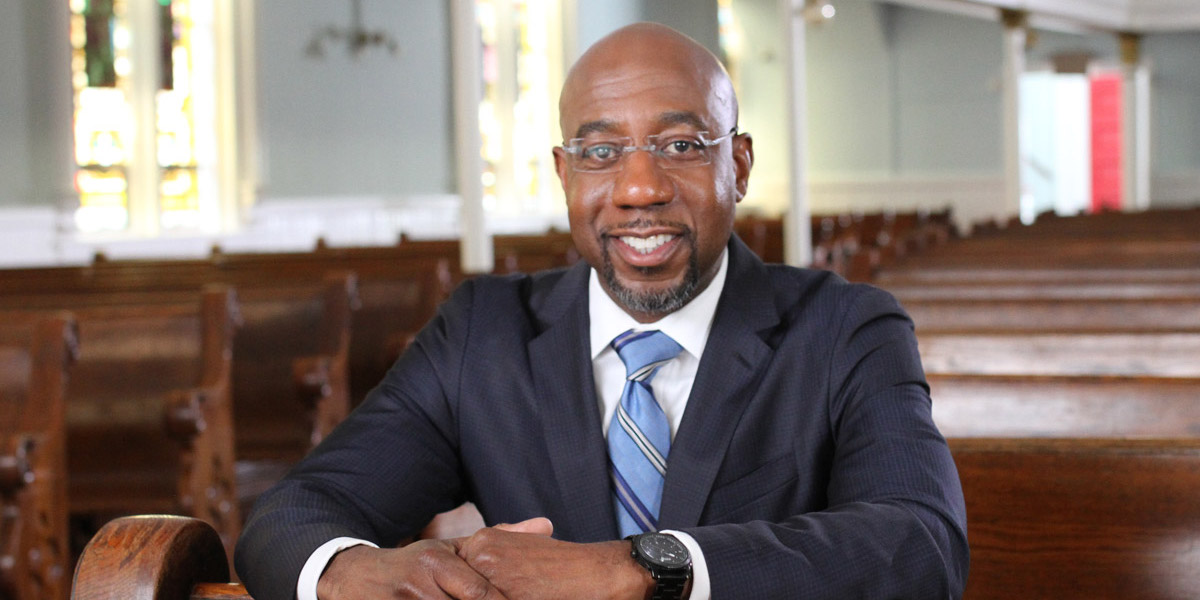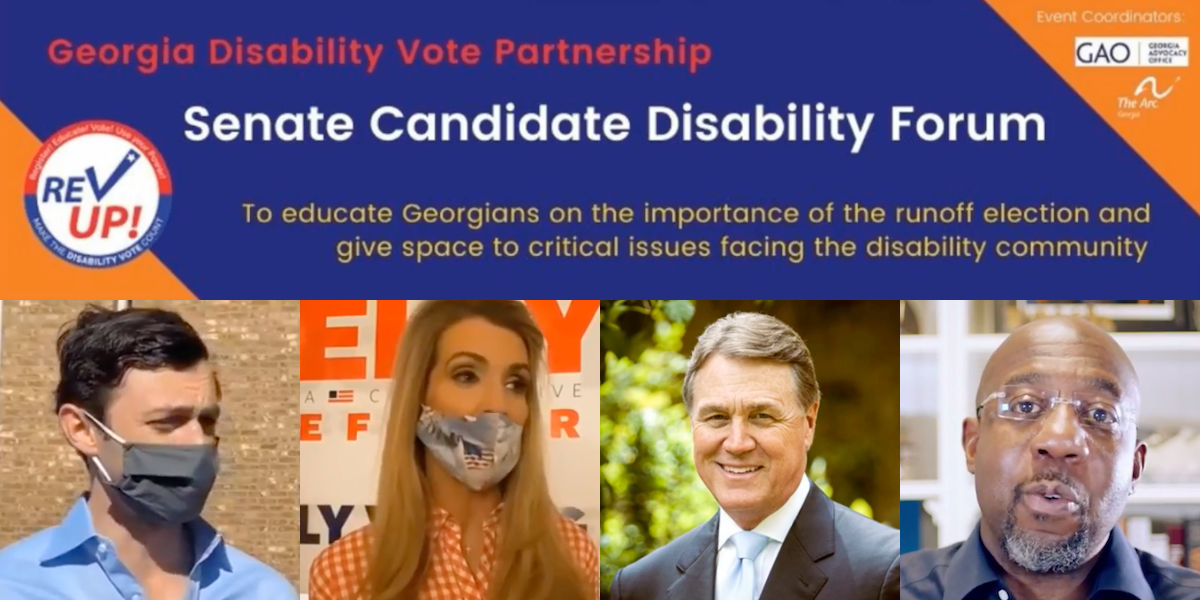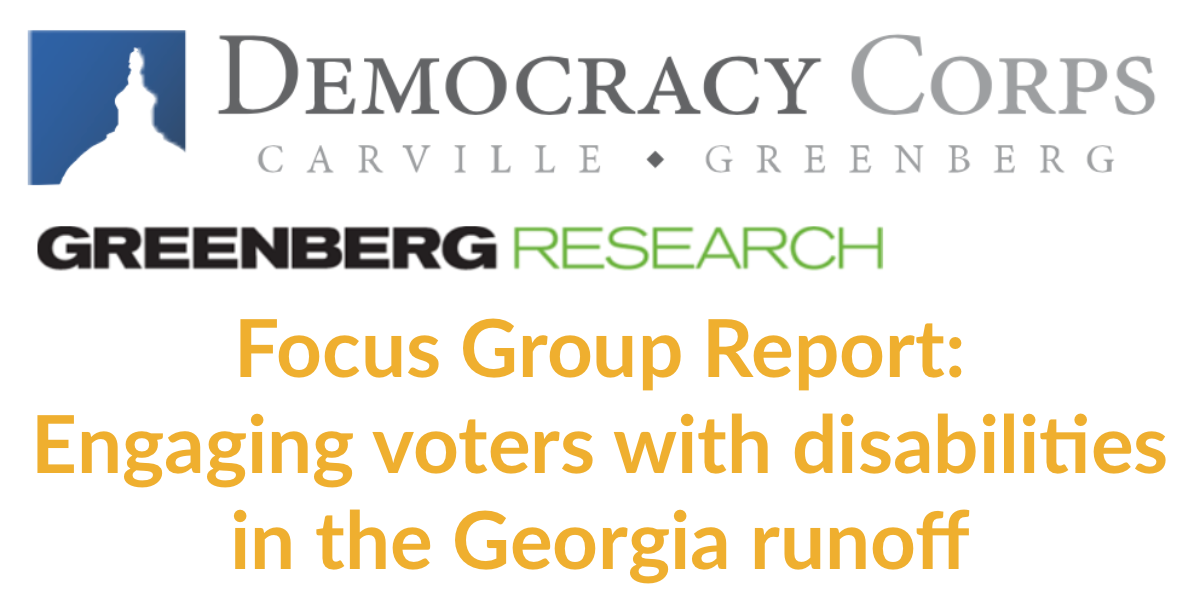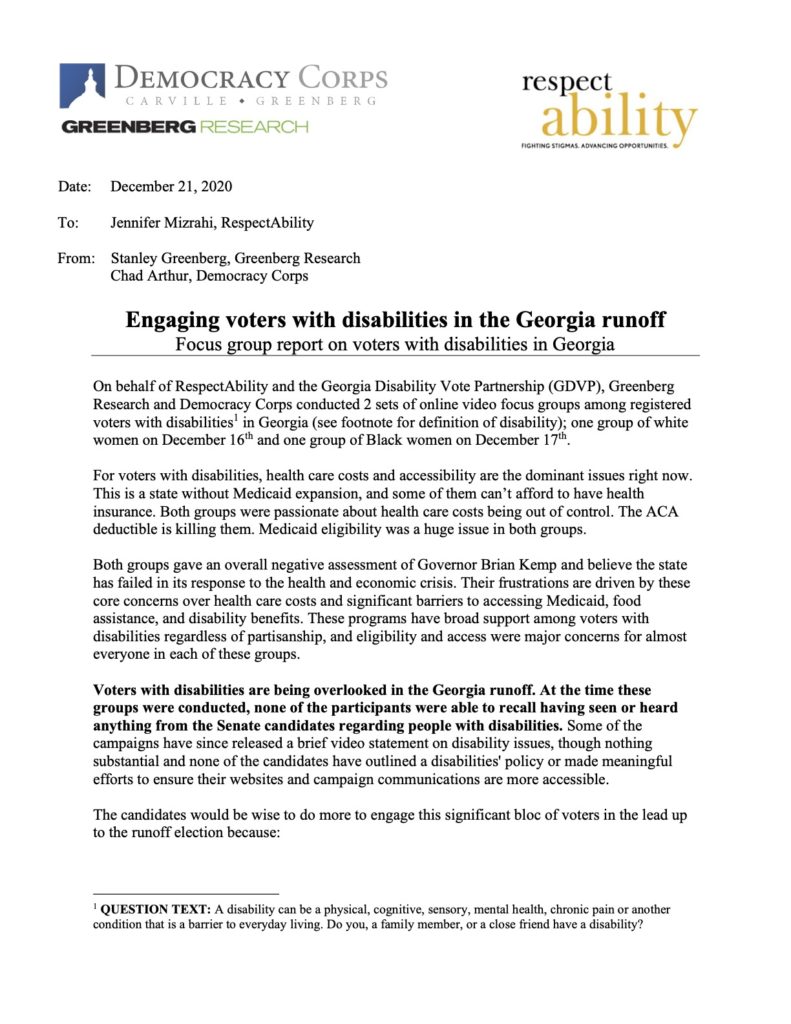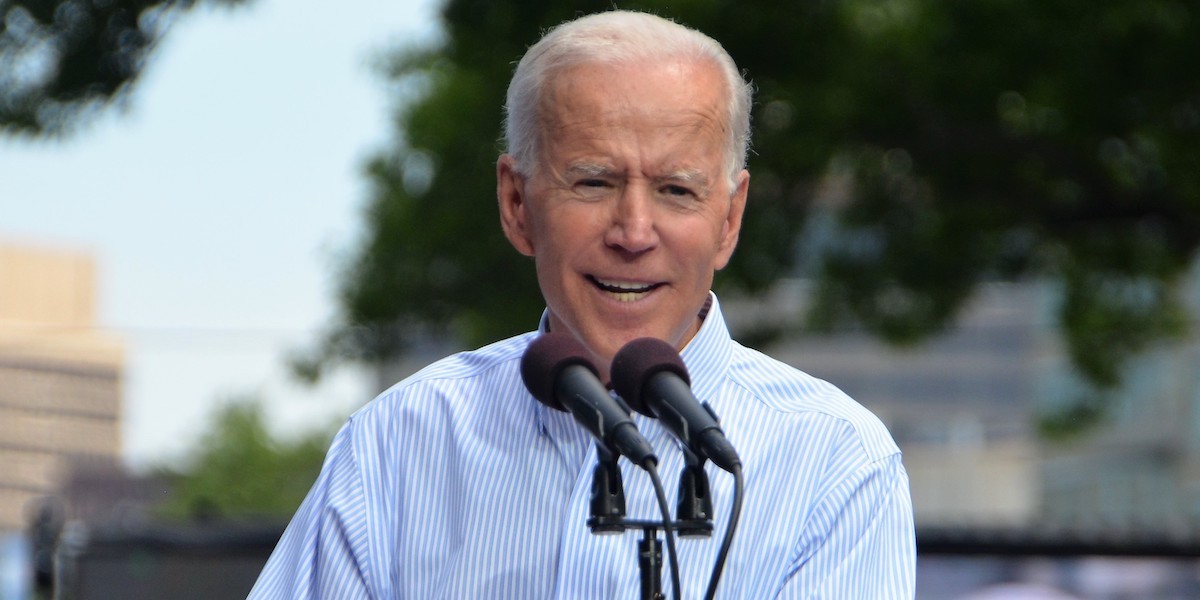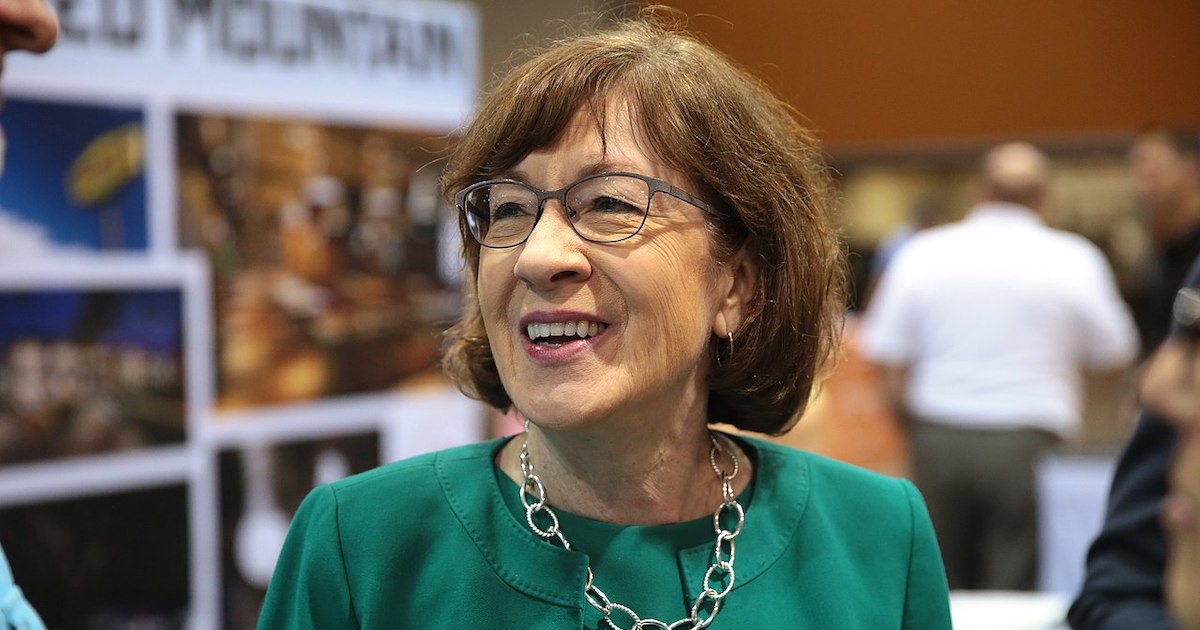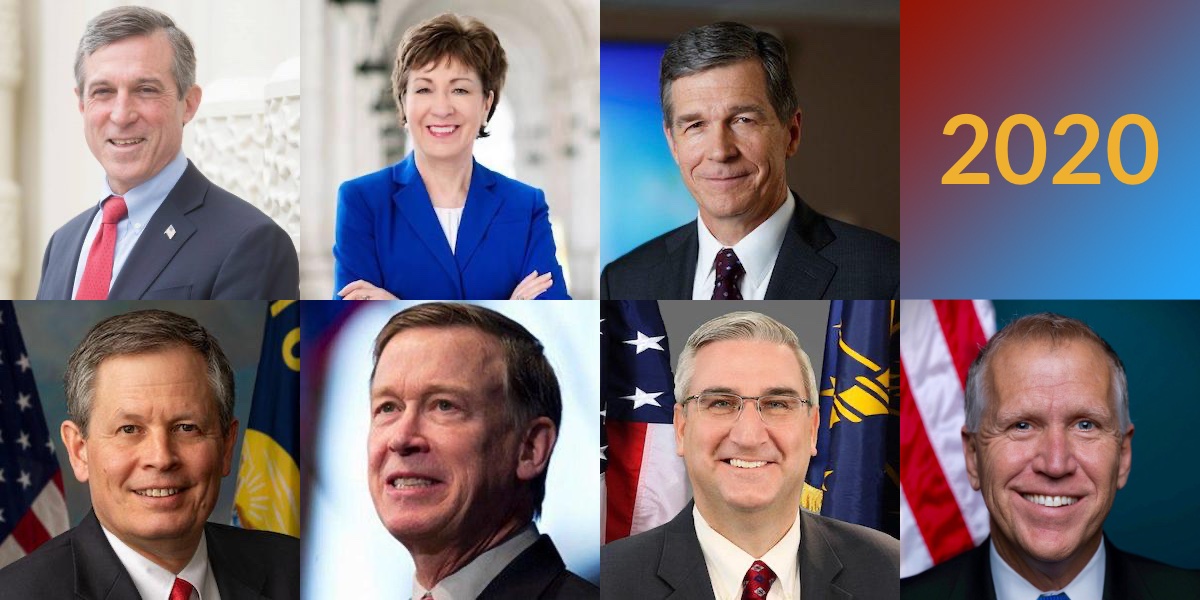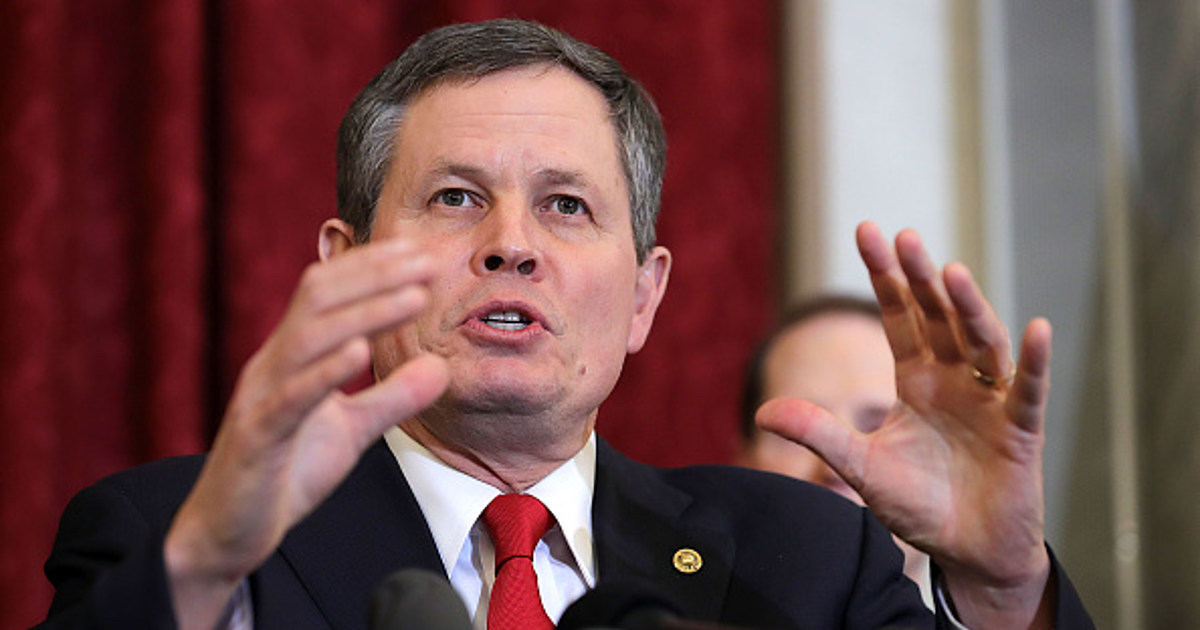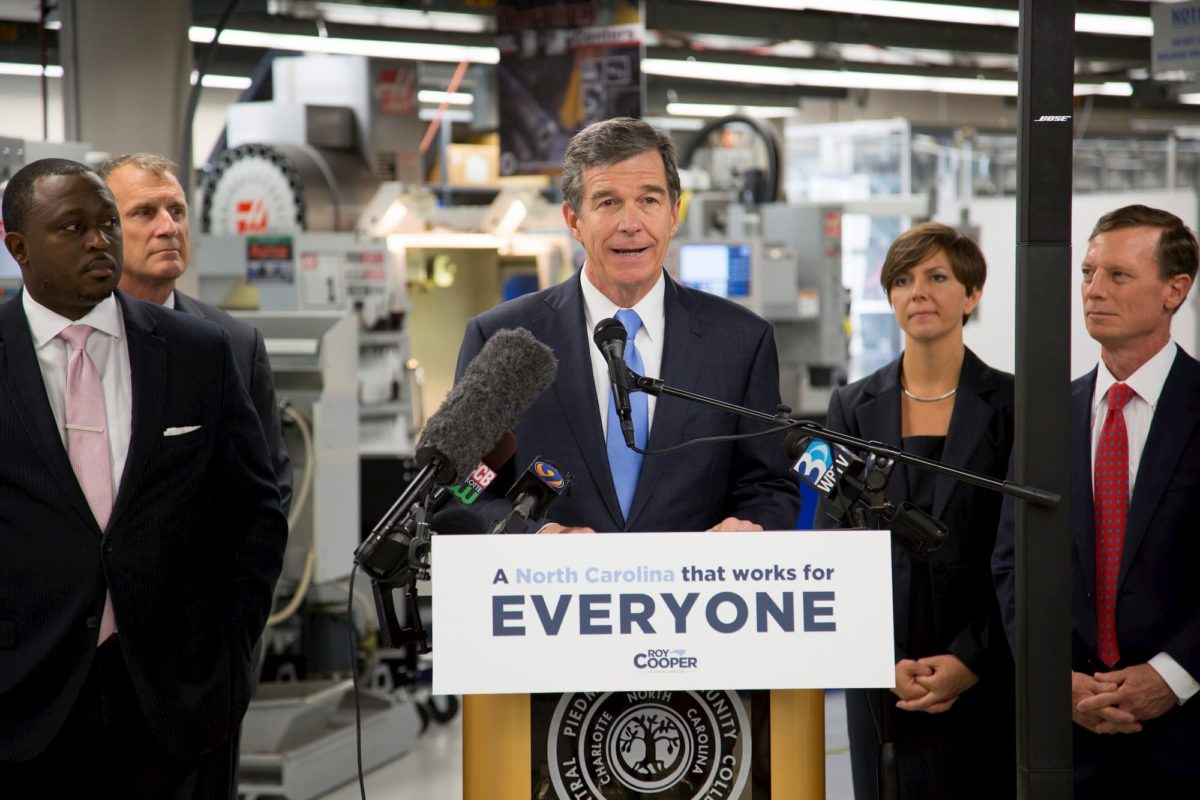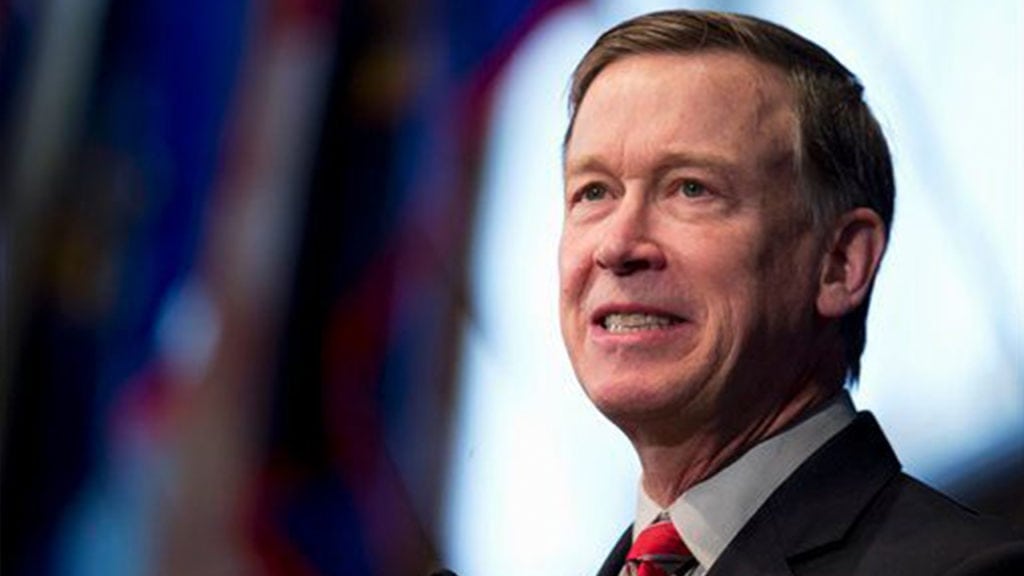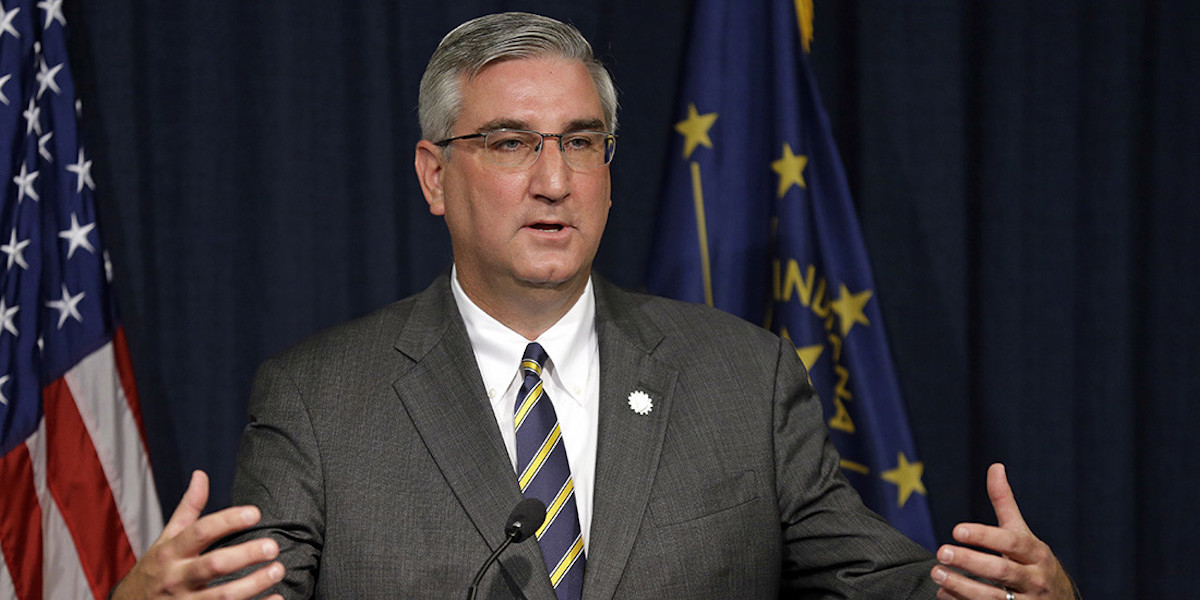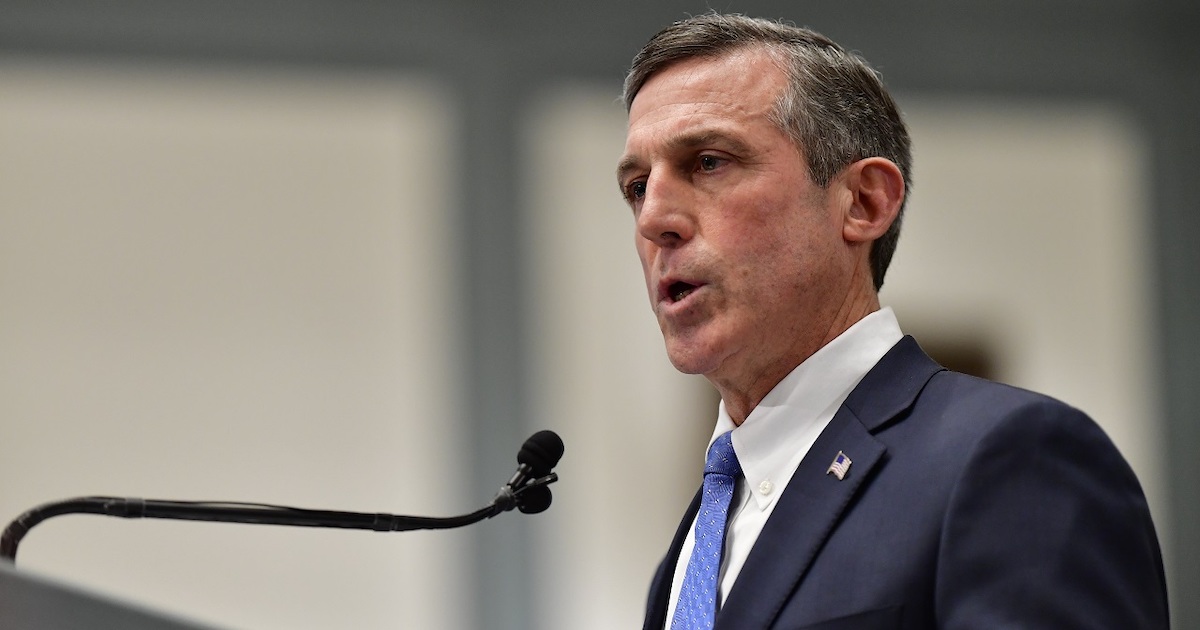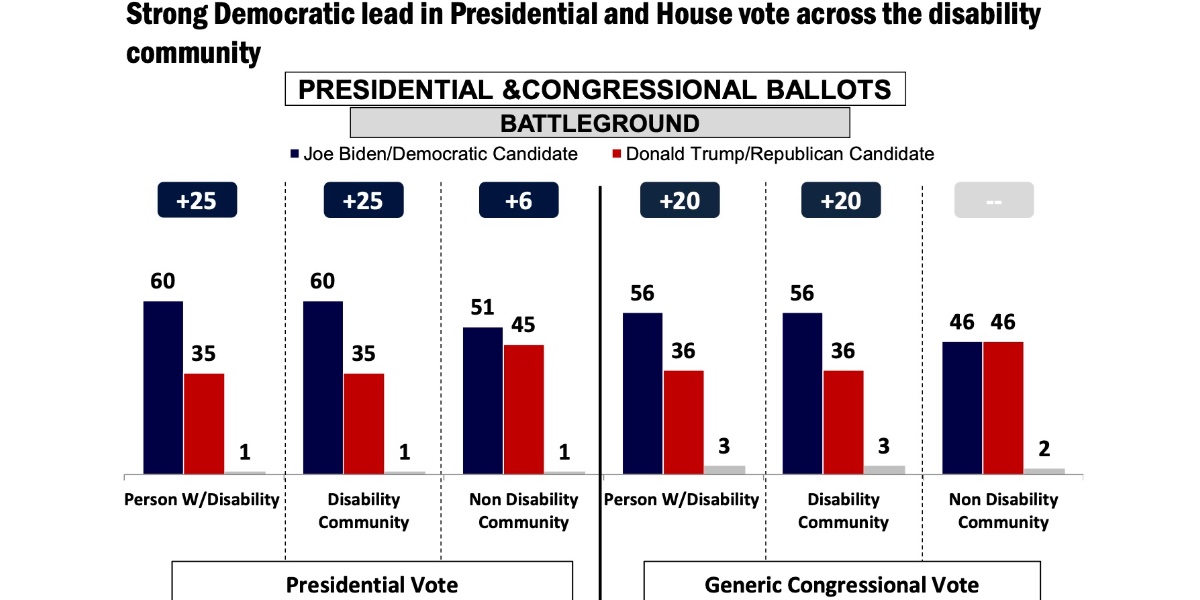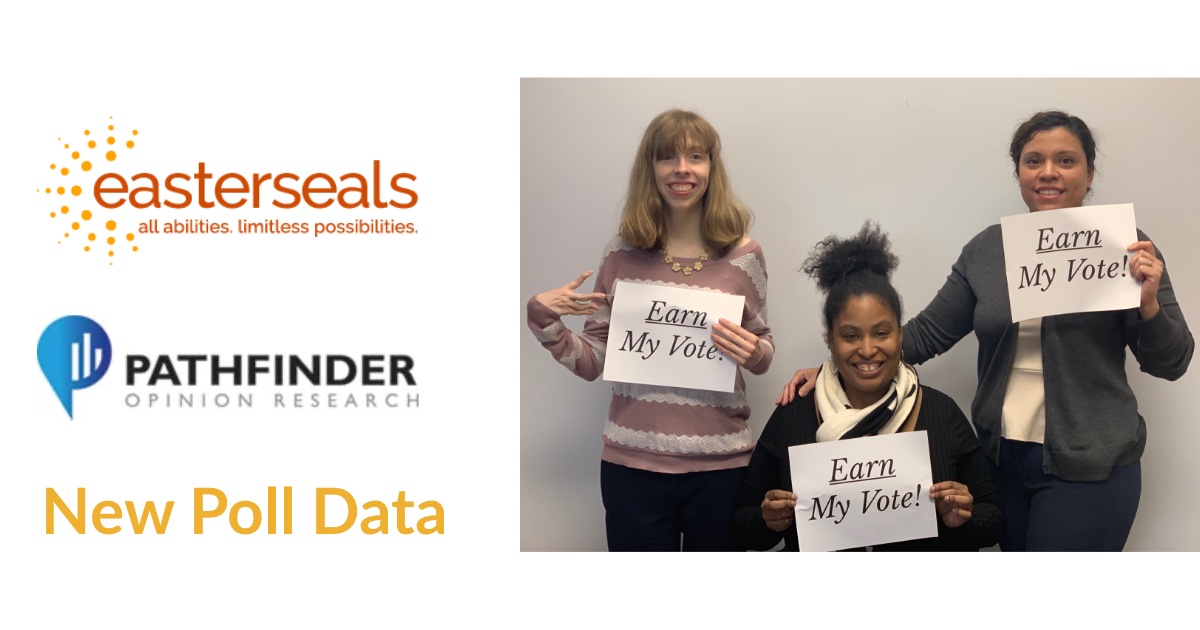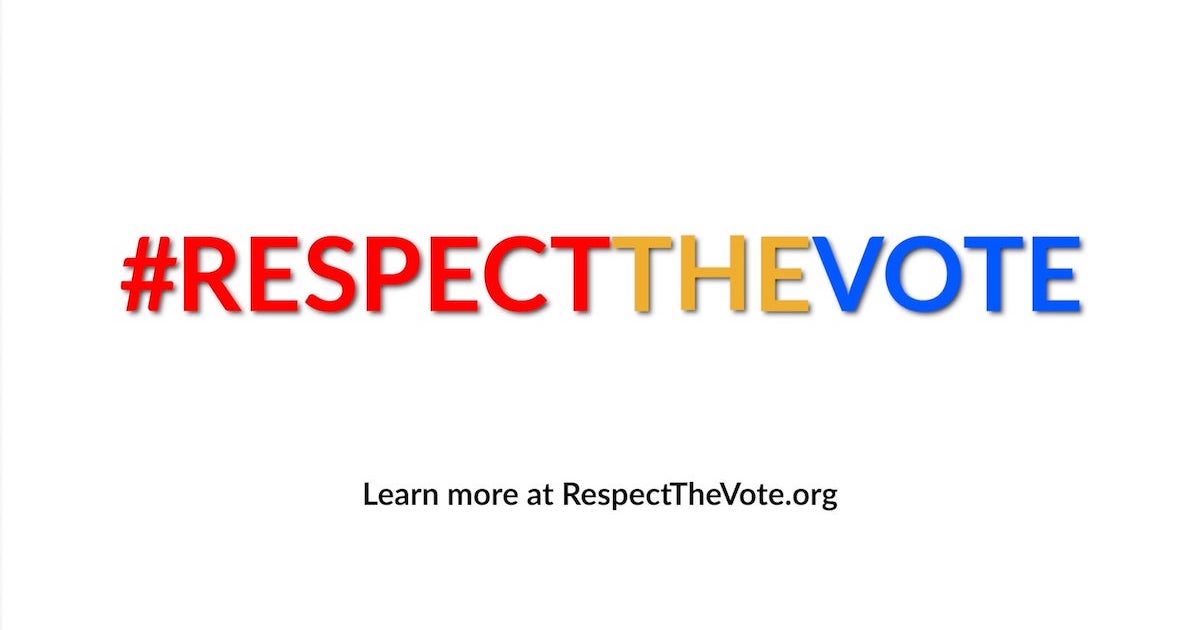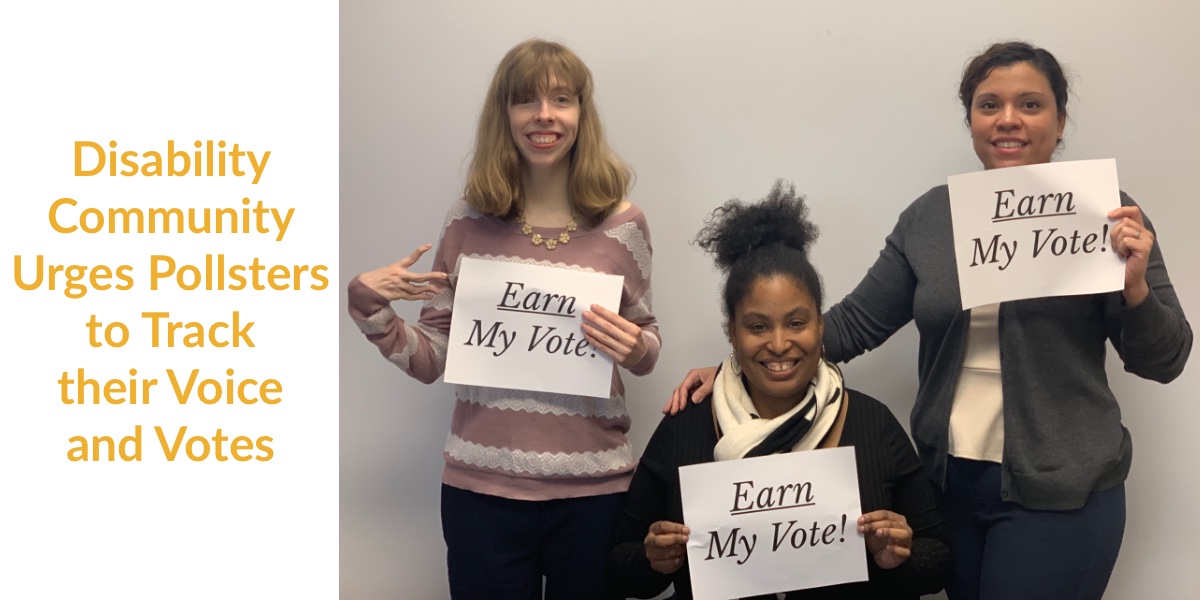Warnock Completed RespectAbility Candidate Questionnaire and Recorded Video Response for Georgia Disability Vote Forum
Atlanta, Georgia, Dec. 29 – Democratic Senate candidate Reverend Raphael Warnock has responded to a detailed candidate questionnaire on disability issues. The questionnaire is from RespectAbility, a nonpartisan nonprofit disability organization that does not endorse candidates. The questionnaire is purely for educational purposes.
Throughout the 2020 election, nonpartisan disability group RespectAbility has asked Democratic and Republican candidates for President, Governor and the U.S. Senate the same key questions about issues affecting people with disabilities, including employment, education, criminal justice and accessibility The full text of RespectAbility’s questions and Rev. Warnock’s responses follows:
